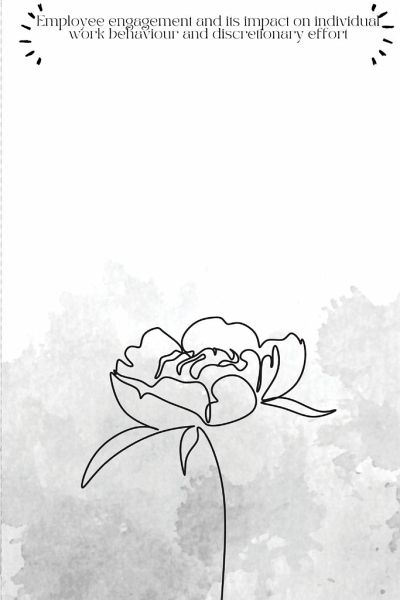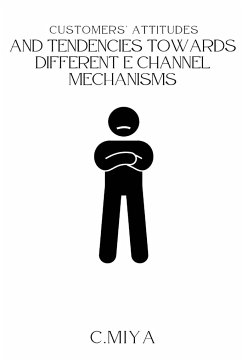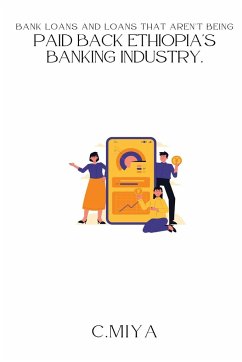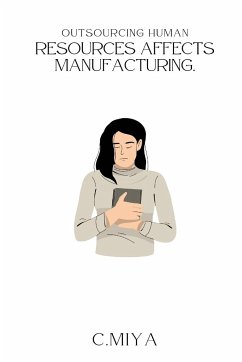Nicht lieferbar

Employee engagement and its impact on individual work behaviour and discretionary effort
Versandkostenfrei!
Nicht lieferbar
INTRODUCTION In early industrialization, the employees were managed with the judgment of the engineers and the economists. Later on, the situation changed when the employees formed their own union to protect themselves from forced policies and their demands were met through the unions. The birth of management gurus with new ideas gradually brought in a shift in the style of work from a worker to an executive along with empowerment in their work. The emphasis shifted from completion of work to job satisfaction, passion for work, and contentment with the work. Since then, employees are managed b...
INTRODUCTION In early industrialization, the employees were managed with the judgment of the engineers and the economists. Later on, the situation changed when the employees formed their own union to protect themselves from forced policies and their demands were met through the unions. The birth of management gurus with new ideas gradually brought in a shift in the style of work from a worker to an executive along with empowerment in their work. The emphasis shifted from completion of work to job satisfaction, passion for work, and contentment with the work. Since then, employees are managed by Human Resource (HR) professionals who strive for sustaining an engaged workforce. Employee Engagement is a term used extensively in today's business world in order to capture the essence of motivation. Since research on employee engagement have proven its trail on increasing productivity (Harter et al. 2002), organizations are at the forefront to utilize any chance of creating an environment conducive to an engaged workforce.









